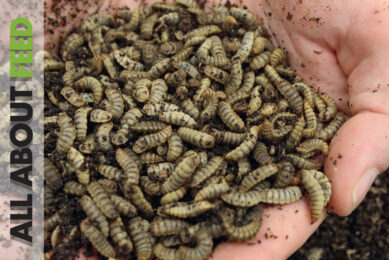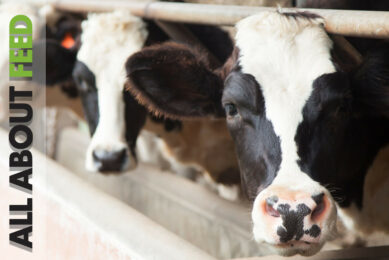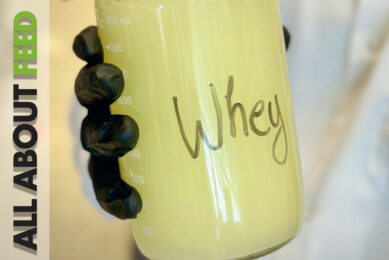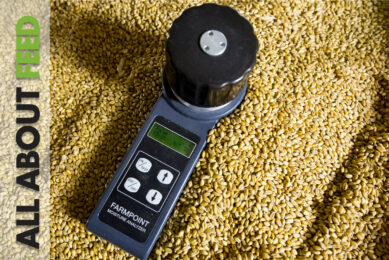Introducing the 10th All About Feed edition for 2020
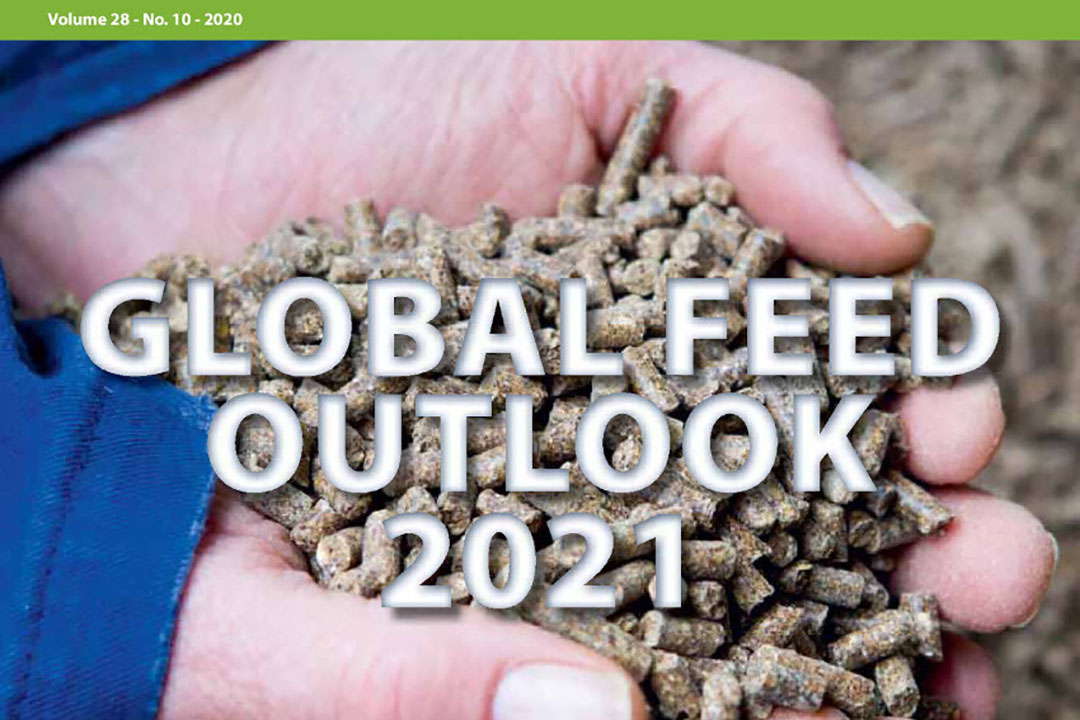
In the 10th edition of All About Feed for 2020, we take a look at the range of webinars that were hosted by All About Feed and sister brands.
View All About Feed’s digital magazine
We travel to the South Africa to talk to a farmer who forward sold grains ahead of the Covid-19 pandemic, and we consider the impact of the US presidential election on Iran’s domestic pet food market.
Global feed outlook for 2020
In this article we take a look at major trends that are expected to impact the animal feed industry, including sustainability, insects as feed, and additives.
View All About Feed’s digital magazine

Review: The Misset International Webinar Week
All About Feed together with sister brands, Poultry World, Dairy Global and Pig Progress, hosted a number of webinars which focused on a range of pertinent issues affecting the animal feed sector across various species.
Topics included mycotoxin management, gut health, weaning and advanced dairy farming.

Interview: Replacing fishmeal is not an easy challenge
Dr Wolfgang Peralta is head of swine feeding and nutrition at one of South America’s largest swine producers, Agrosuper. He describes the solutions in starting to replace as much fishmeal as they can from post-weaning diets.
View All About Feed’s digital magazine

Bringing precision, performance and profitability to trace mineral supplementation
Although trace minerals are added in very small quantities to livestock diets, they are essential for supporting the productivity and well-being of animals. Research now offers clarity on the correct amount of trace minerals needed.

South African farmer forward sells grain in Covid-19 era
Grain and livestock farmer, Clifford Mthimkulu, forward sold grain at a decent price when he realised that a national lockdown was looming.
View All About Feed’s digital magazine

Effective ways to reduce the cost of feed under Covid-19 conditions
As a result of the Covid-19 pandemic, many countries are restricting the trade of grains. Feed industries are faced with the challenge of reducing the cost of feed, fast.

How can diets be formulated to improve sustainability credentials?
In this article, Emily Marshall from Alltech discusses how the industry can produce a sustainable product without having to fundamentally change the way we feed and raise animals.
View All About Feed’s digital magazine

EU compound feed production drops by 2.2%
The European Feed Manufacturers Federation anticipates that compound feed production in the EU will drop by 2.2% due to the spread of animal diseases, Covid-19 and changes in consumer demand.

Seaweed from marine waters for animal nutrition
In this article we consider a study that evaluated the nutritional value of 6 seaweed species collected from the coast of Ireland, Scotland and France as a feed ingredient.
View All About Feed’s digital magazine

Carinata meal
There are a number of reasons to be excited about carinata for animal feed. Also known as Ethiopian mustard, this highly sustainable crop is a cousin of canola.

Kormotech’s pet food is opening up new markets
Ukrainian pet food manufacturer, Kormotech, which, in 2019, ranked 3rd in the Ukrainian market in monetary terms and a leader in volume, is planning to be among the world’s largest pet food producers.
View All About Feed’s digital magazine

Iran’s pet food industry is hoping for change
For many years, foreign brands have dominated the Iranian pet food market, but the results of the 2016 US presidential elections brought a nightmare to Iran’s pet owners when the Trump administration reinstated all US sanctions on Iran. The knock-off impact on the local pet food market was devastating. Joe Biden might change this.

View All About Feed’s digital magazine
Column: Natural raw materials
Dejan Miladinovic discusses how the feed industry is seeking alternative natural ingredients that will promote growth and maintain health in domestic animals.
To read the full articles, simply click on the digital magazine section and then on All About Feed 2020-10. Registration is free.




